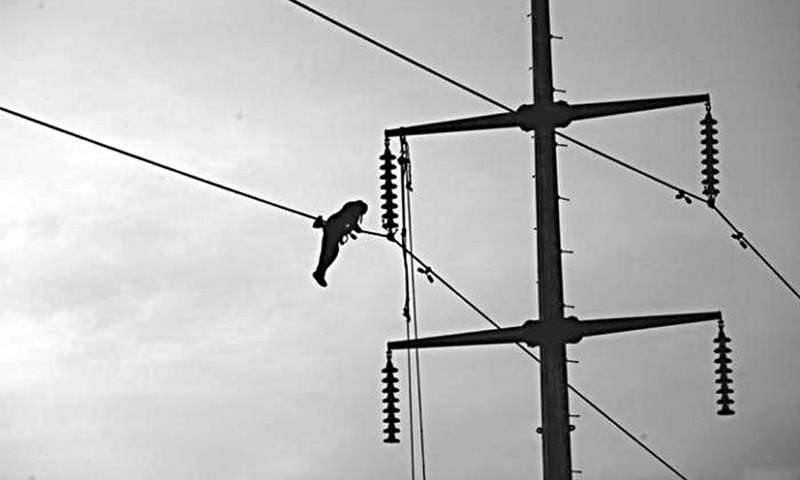Distribution companies of formerly Wapda have sought a reduction of Rs2.60 per unit in the consumer tariff for October to refund higher-than-justified charges collected from people in the month despite cheaper power generation.
The Central Power Purchasing Agency (CPPA) filed the request on behalf of the distribution companies on the basis of the actual fuel cost of power generation in October under the automatic monthly fuel price adjustment. The National Electric Power Regulatory Authority (Nepra) is expected to hold a public hearing on the request by the weekend.
Under the practice in vogue, the distribution companies charge a higher estimated fuel charge to power consumers that is later adjusted against the actual cost in the subsequent month with the approval of the power regulator.
The proposed cut will not be applicable to K-Electric and all agricultural and domestic consumers using less than 300 units per month
The CPPA claimed that it sold about 9.5 billion electricity units (kilowatt hours) to consumers in October at a total cost of Rs40.27bn. It said the power companies had charged reference fuel charges of Rs7.34 per unit to consumers while the actual fuel cost came out at Rs4.74 per unit. Therefore, a refund of Rs2.60 per unit was required to be passed on to the consumers.
The CPPA reported the highest contribution – ie almost 32 per cent (2.76bn units) power generation – came from hydropower plants having no fuel cost at all. In contrast, the furnace oil-based power generation cost stood at Rs7.96 per unit, which contributed about 30.3pc (2.63bn units) of the total electricity generation in October.
Likewise, the gas-based average generation cost for 2.1 million units (or 24.4pc of total generation) was worked out at Rs5.5 per unit while power production from regasified-liquefied natural gas (RLNG) contributed about 2pc share with an average cost of Rs6.7 per unit.
The fuel cost of diesel-based plants was reported at Rs12.11 per unit with the generation share of about 2pc. The coal-based power cost was worked out at Rs4.5 per unit with a negligible contribution of less than 0.2pc. Nuclear power plants contributed about 5pc units to the national grid at a cost of Rs1.16pc while the fuel cost of electricity imported from Iran stood at Rs10.6 per unit.
The proposed reduction in the power tariff will not be applicable to all agricultural and domestic consumers using less than 300 units per month under a decision of the PML-N government. Also, K-Electric consumers in Karachi and adjoining areas will not enjoy the relief.










Add comment